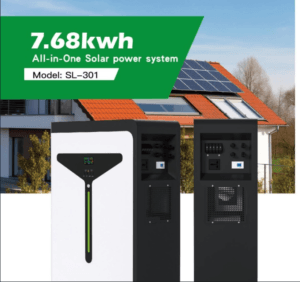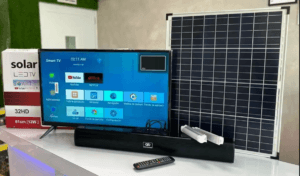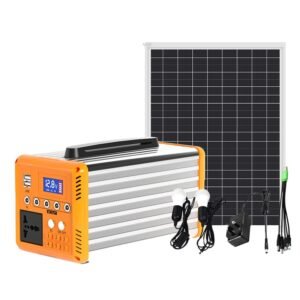In recent years, the shift towards renewable energy has gained momentum, with more homeowners seeking to reduce their carbon footprint and energy costs. Solar power is a leading solution, offering a sustainable and reliable energy source. However, choosing the right solar power system for your home can be overwhelming given the variety of options available. This guide will walk you through the key factors to consider when selecting a solar power system, ensuring you make an informed decision that suits your energy needs and budget.
Understanding Your Energy Needs
- Calculating Energy Consumption: Start by understanding how much energy your household consumes. Review your electricity bills to determine your average monthly usage in kilowatt-hours (kWh).
- Identifying Key Appliances: Consider the appliances that consume the most energy, such as air conditioners, refrigerators, and water heaters, and think about whether you want your solar system to power all or just some of these appliances.
Types of Solar Panels
- Monocrystalline Solar Panels: Known for their high efficiency and sleek appearance, monocrystalline panels are ideal for homes with limited roof space.
- Polycrystalline Solar Panels: These panels are more affordable and slightly less efficient than monocrystalline panels but still provide a solid return on investment.
- Flexible Solar Panels: Perfect for unconventional surfaces, these lightweight panels can be installed on curved or uneven rooftops, making them versatile for different home designs.
Selecting the Right Inverter
- Grid-Tied Inverters: Ideal for homes connected to the local utility grid, these inverters convert DC power from the panels into AC power used by your home, with any excess fed back into the grid.
- Off-Grid Inverters: For homes completely off the grid, these inverters are paired with battery storage systems to ensure a consistent power supply even when the sun isn’t shining.
- Hybrid Inverters: Combining the best of both worlds, hybrid inverters allow you to remain connected to the grid while also storing excess energy in batteries for later use.
The Importance of Solar Batteries
- Lithium-Ion vs. Lead-Acid Batteries: Compare the longevity, efficiency, and cost of different battery types to determine the best option for your home.
- Backup Power Considerations: Discuss the role of solar batteries in providing backup power during grid outages, ensuring your home remains powered in all situations.
Selecting the right solar power system is a crucial step towards energy independence and sustainability. By understanding your energy needs, choosing the appropriate panels and inverters, and considering battery storage, you can design a solar solution that meets your goals. At Eskaykay Electronics, we offer a wide range of solar products and professional installation services to help you make the transition to solar energy seamless.














